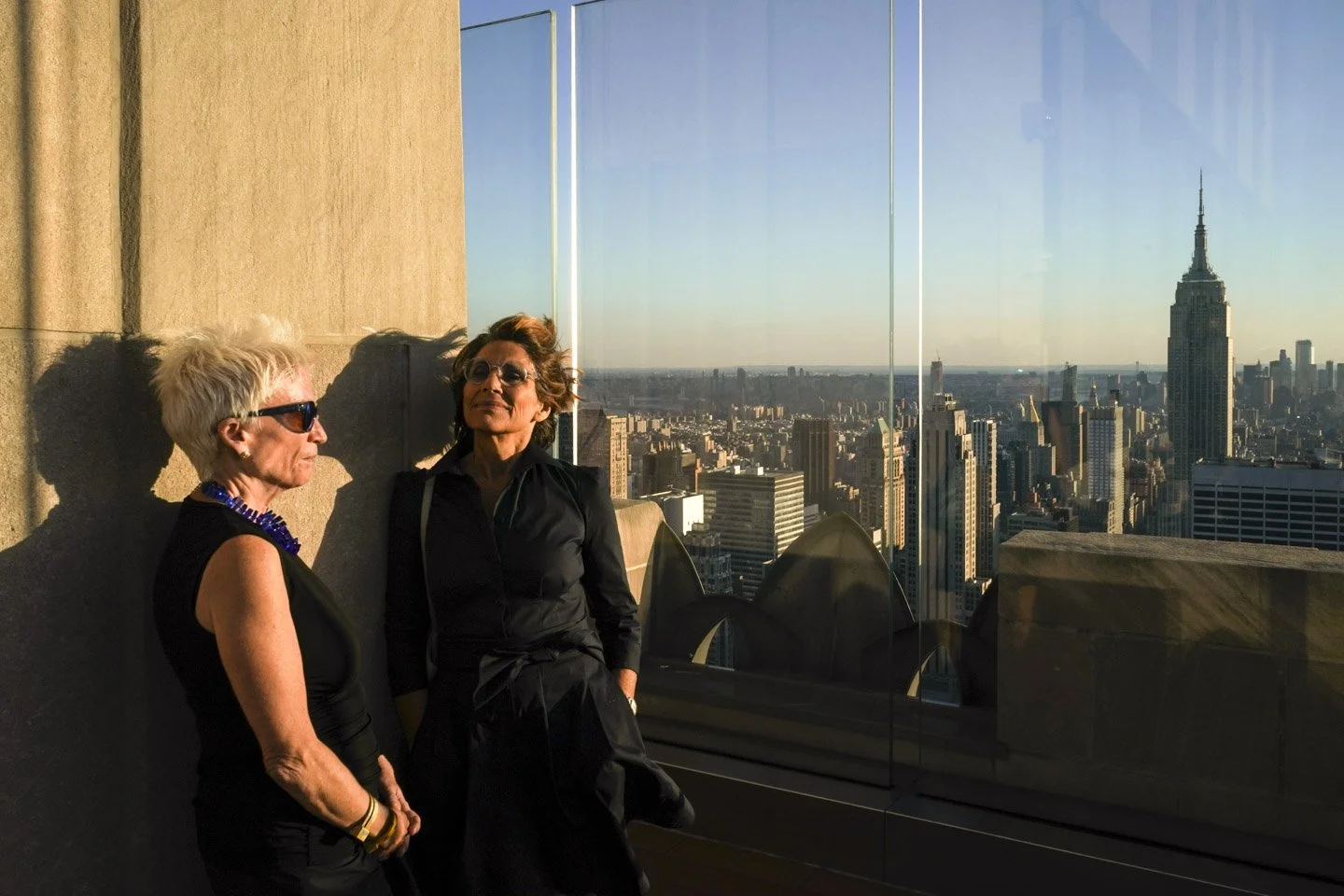Seventy Is Not The New Fifty. But It Is The New Seventy.
By Karen and Erica
You’ve heard that fifty is the new thirty, and seventy is the new fifty. Really?
No. Not really. While it is true that you don’t get “old” these days until much later than when you got “old” a century ago, seventy is still seventy. But seventy is different. Why does it matter? Because we have to completely rethink our views of age and retirement. We are a new breed, and we have to create a new stage of life for all of us. One that is not the old-fashioned form of retirement but recognizes the value of the new seventy.
“It's simply too expensive to continue adding more and more years to the retirement phase of our lives. That requires savings levels that we just can't afford, and it's putting serious strains on Social Security and pension systems.
It's very expensive to fund 30-year retirements over a 40-year career," a fact that points to the economic necessity for many people to work longer than prior generations did.”
The definition of “old” has always been fluid.
Old age is perplexing to imagine in part because the definition of it is notoriously unstable. As people age, they tend to move the goalposts that mark out major life stages: a 2009 survey of American attitudes toward old age found that young adults (those between eighteen and twenty-nine) said that old age begins at sixty; middle-aged respondents said seventy; and those above the age of sixty-five put the threshold at seventy-four.
But the definition should really relate to function, not form (if you will). if a person can no longer care for herself, as was the case in the beginning of life, then that person may be at the end of life, and may be “old.” To consider a person who is fully active and engaged “old” just because she has lived a few decades and has white hair is hiding reality behind an outdated stereotype.
[A]ctive adults in later life should not be considered old and they were often the victims of prejudice. “We live in a society where we know sexism is wrong, we know that racism is wrong, but actually there are many, many examples where stereotyping according to age is seen as acceptable.”
It is important that people—young and older—see behind the stereotypes. People older than sixty are not “old”—they are older—and they have a lot to offer. That reality is illustrated in this delightful AARP video.
The truth is that most of us would cheerfully engage in purposeful activity until we are much much older than the current retirement age—set in the 1950s or earlier. And if we are allowed to do so we have a lot to contribute.
“Older employees can be incredibly valuable to companies,” says Melissa Gong Mitchell (MBA’09), executive director of the Global Coalition on Aging (GCOA), a research and advocacy organization that advises businesses on how to maximize the opportunities of an aging population.“
“Older people are the future of the workplace,” she says. “If, as an employer, you recognize and honor the changes that are happening in your employees’ lives, then you gain a competitive advantage among employers because people are going to be more loyal to you.”
If we are treated as useless, we will become useless, and die, too soon.
[M]embers of the disempowered group (which mirrored how we usually treat older adults) were twice as likely to die, compared to their empowered peers (30 percent mortality compared to 15 percent). Further, there is science to suggest that beyond just feeling useful, a key need for successful aging is to feel that you have contributed to leaving the world better than you found it.
To be sure, things happen to your body as you age. But you can address those changes, not so that you can look young, but so that you will be able to stay engaged. The Mayo Clinic explains the details, but the bottom line is—eat well, sleep well, do some real exercise, and stay healthy. Then your seventies and eighties and nineties will be productive and fun, and you will be a pioneer at the forefront of a massive social change.
What could be better than that? Embrace your age!

